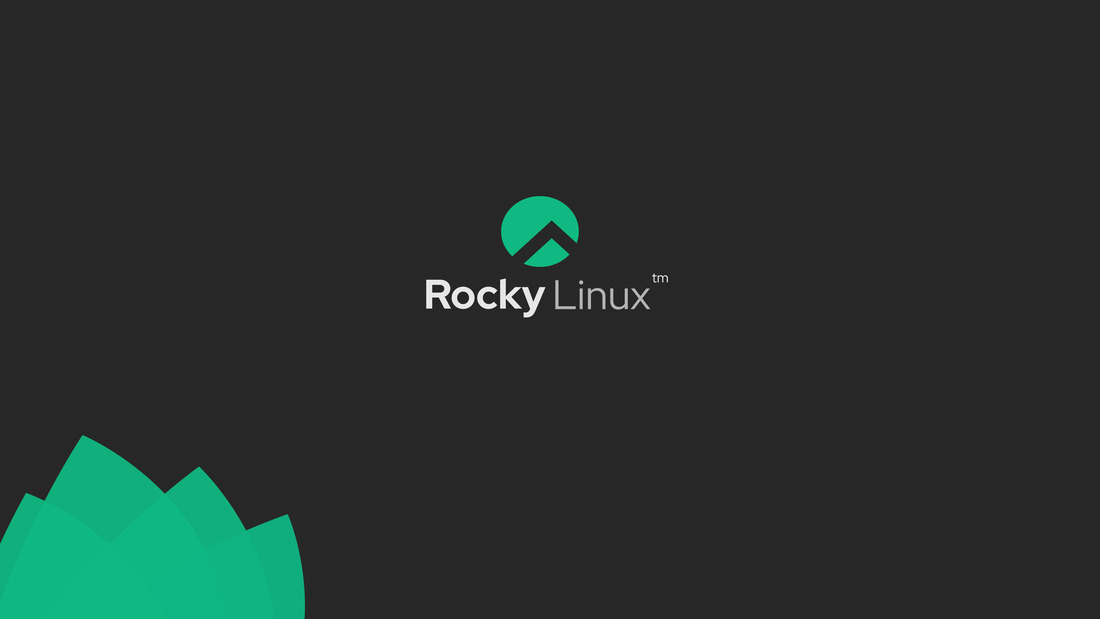Rocky Linux announced its first stable release, General Availability of Rocky Linux 8.4 (Green Obsidian), to replace CentOS Linux.
Rocky Linux is a community enterprise operating system designed to be 100% bug-for-bug compatible with Red Hat Enterprise Linux 8.4. It is led by Gregory Kurtzer, the founder of the CentOS project.
The CentOS Linux is going to be discontinued and replaced with CentOS Stream.
Previously, it was “downstream build” that receives patches and updates after the upstream vendor does. In future, it will be an “middle-stream build” between Fedora and Red Hat Enterprise Linux, to test patches and updates before inclusion in the upstream vendor.
So Rocky Linux comes to act as the “downstream build” as CentOS Linux had done previously.
What’s New in Rocky Linux 8.4:
The release includes new modules, including Python 3.9, SWIG 4.0, Subversion 1.14, Redis 6, PostgreSQL 13, MariaDB 10.5.
Compilers and development tools has been updated to GCC 10, LLVM 11.0.0, Rust 1.49.0, and Go 1.15.7.
Others include:
- IPsec VPN provided by Libreswan now supports TCP encapsulation and security labels for IKEv2.
- Rebase scap-security-guide to version 0.1.54, OpenSCAP to version 1.3.4 to provide substantial improvements.
- The
fapolicydframework now provides integrity checking - Nmstate API to manage host network settings.
- Introduced three new traffic control actions in
iproute2. - Multi-protocol Label Switching (MPLS) to route traffic flow across enterprise networks.
- Proactive compaction reduces latency for specific memory allocation requests
- A new implementation of slab memory controller for the control groups technology
- The time namespace feature
- Support the Error Detection and Correction (EDAC) kernel module set in 8th/9th Intel Core Processors.
- A persistent Pacemaker resource agent to improve performance.
- Ansible module and role for automated and location management, backing up and restoring IdM servers
In addition, the community has created the migrate2rocky tool to following systems to Rocky Linux 8.4:
- Alma Linux (8.4)
- CentOS Linux (8.4)
- Red Hat Enterprise Linux (8.4)
- Oracle Linux (8.4)
For more, see the official release note. And get it from the link below:
